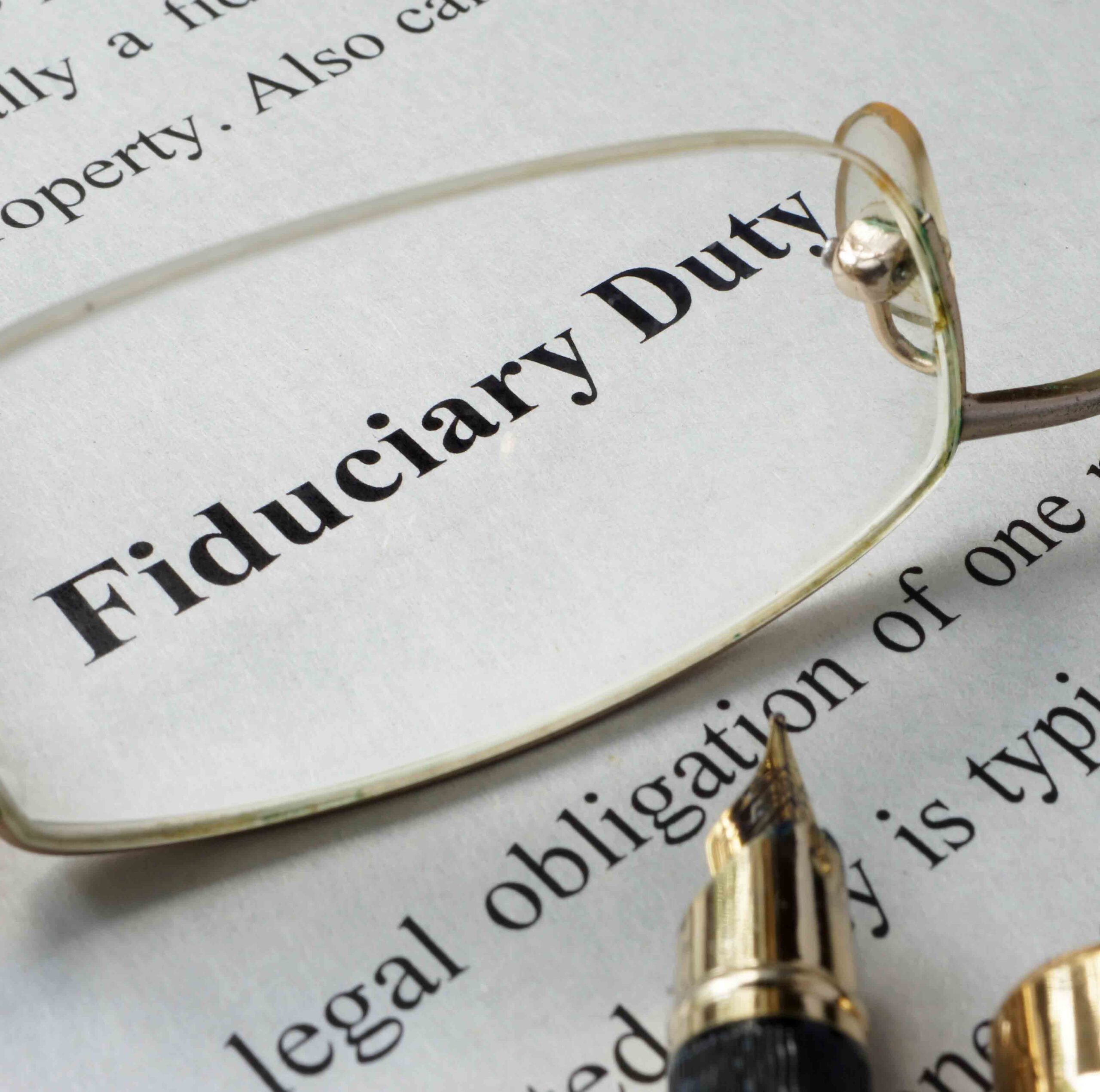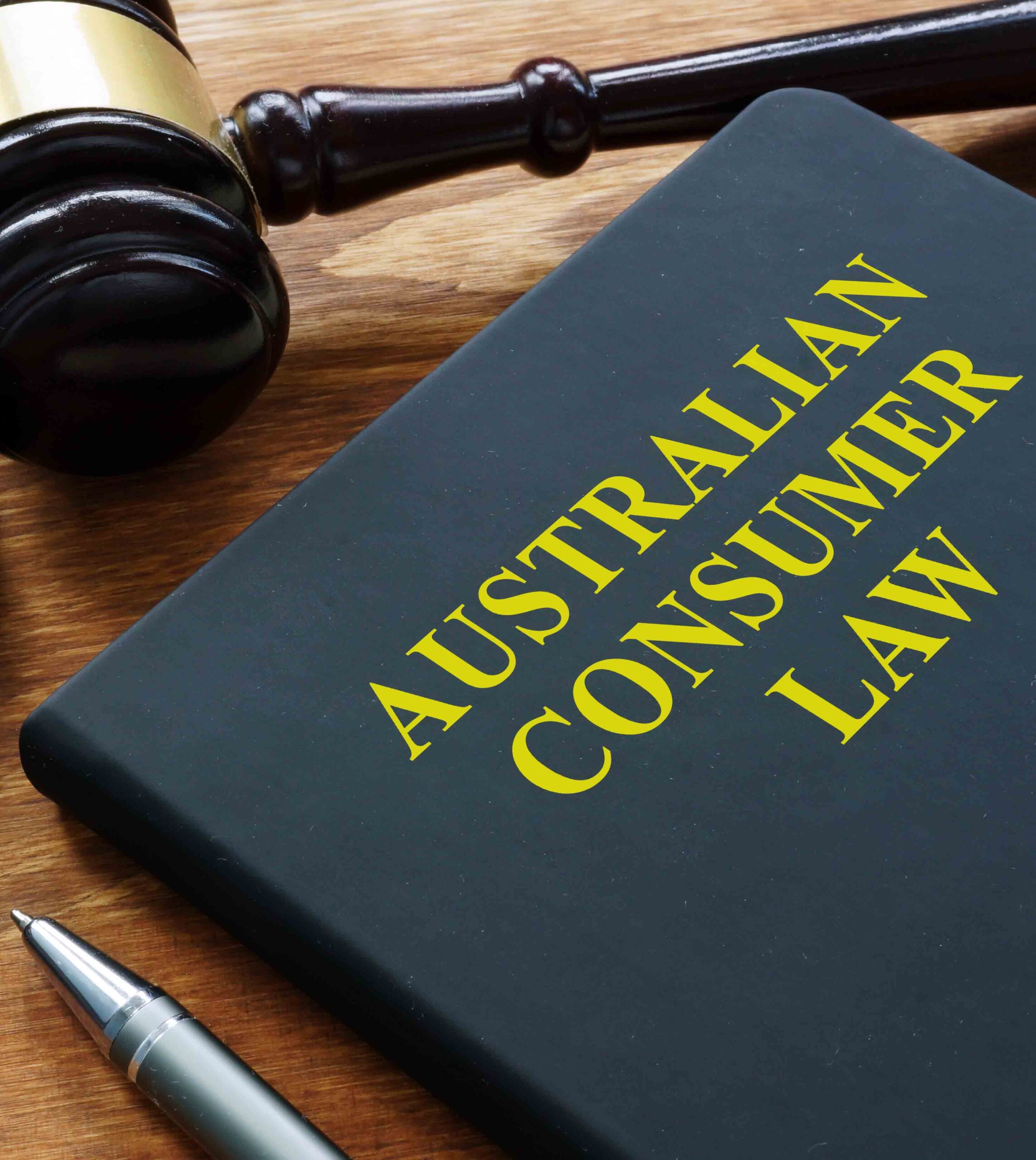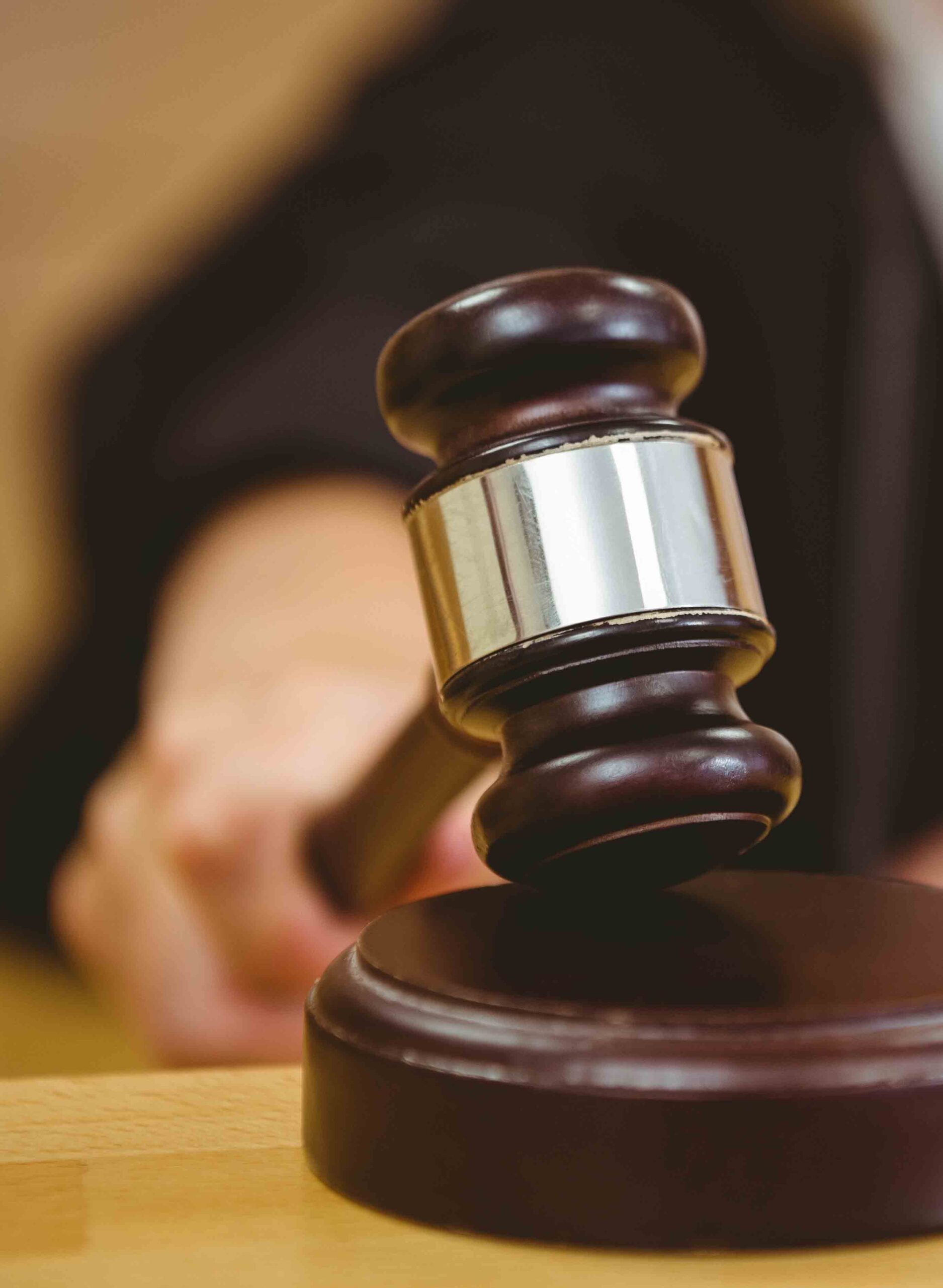-
How do you work?
We offer a free 45-minute initial consultation, which is considerably longer than what most firms offer. To provide as much certainty as possible, we give clear and accurate advice regarding our preferred approach to your matter, the strengths and weaknesses of your case, and the likelihood of success in litigated matters. We require funds in trust in advance of any work that we do, we take care to match your fees to our cost estimates and we do not charge for every email, brief telephone conversation or small task.
-
How affordable are your prices?
The affordability of our legal services begins with accurate and reliable cost estimates and efficiency achieved by skilled lawyers working quickly and leveraging technology. Beyond those factors, our hourly rates are competitive with other comparable firms. We have a genuine commitment to providing quality and value, and we work hard to minimise our clients’ expenses by resolving issues and disputes as efficiently and cost-effectively as possible.
-
What geographical areas do you service?
We service the entire Sydney metropolitan area and we also have regional, interstate and overseas clients. We have offices for face-to-face client conferences in Cronulla, Sydney CBD and Parramatta. However, regardless of your location, we are able to provide our services by telephone and video conferencing, and cloud-based document sharing. We also often conduct face-to-face conferences with clients at their offices or place of business where it is convenient and appropriate to do so.
-
Do you prefer a particular type of client? Plaintiffs or defendants? Builders or homeowners?
We act for all types of clients and we do not have a preference for any particular type of client. We will act for you and protect your interests with determination and sophistication regardless of whether you are suing someone or being sued.
Company directors are subject to legal duties which require them to take an active, honest, responsible and loyal role in the governance of the company. Directors face personal liability for a failure to comply with these ‘directors duties’. We assist directors, shareholders, creditors and consumers in relation to claims brought against directors in their personal capacity for a breach of directors duties.
These claims may be pursued by:
- shareholders and/or the company against a director who has breached their directors duties,
- creditors against a director responsible for insolvent trading, and
- consumers against a director who has engaged in misleading or deceptive conduct.
Directors duties in Australian company law are comprised of:
- the Corporations Act 2001 (Cth),
- ‘fiduciary duties’ established and refined by the decisions of judges in court cases, and
- statutory duties arising from federal and state legislation including the Australian Consumer Law.

Breach of Directors Duties under the Corporations Act 2001 (Cth)
The directors duties under the Corporations Act 2001 (Cth) (“the Act”) apply not only to a validly appointed director but also to:
- a person, even though not validly appointed as a director, if that person acts in the position of a director (also known as a ‘de facto director‘), and
- a person, even though not validly appointed as a director, if the directors are accustomed to act in accordance with that person’s instructions or wishes (also known as a ‘shadow director’).
The Act includes the following directors duties:
- Care and diligence: a duty requiring a director to act with the degree of care and diligence that a reasonable person might be expected to show in the role (Section 180).
- Good faith: a duty requiring a director to act in good faith in the best interests of the company and for a proper purpose (Section 181), including to avoid conflicts of interest, and to reveal and manage conflicts if they arise.
- No improper use of the position: a duty requiring directors to not improperly use their position to gain an advantage for themselves or someone else, or to the detriment of the company (Section 182).
- No improper use of information: a duty requiring directors to not improperly use the information they gain in the course of their director duties to gain an advantage for themselves or someone else, or to the detriment of the company (Section 183).
- No insolvent trading: a duty to ensure that a company does not trade whilst insolvent or where they suspect it might be insolvent (Section 588G).
- Disclosure of directors’ interests: a duty to disclose matters relating to the affairs of the company in which the director has a material personal interest (Section 191).

Fiduciary duties
Certain relationships are recognised by the law as being fiduciary in nature. The overriding duty of a fiduciary is the obligation of undivided loyalty. The relationship between a director and a company is fiduciary in nature, requiring directors to fulfil a range of duties refined over time by judges and largely reflected in the duties under the Act.
A director’s fiduciary duties include:
- acting in good faith and in the best interests of the company,
- exercising their powers for a proper purpose,
- avoiding conflicts of interest,
- not obtaining company property for their own benefit without the consent of the company, and
- accounting to the company for any profit made as a result of their directorship without the consent of the company.

Personal liability for a Breach of Directors Duties under the Australian Consumer Law
Section 18 of the Australian Consumer Law (“the ACL”) makes it unlawful for a business, in the course of any commercial activity, to make statements to consumers that are misleading or deceptive, or which are likely to mislead or deceive. Promises, opinions, predictions and failing to disclose relevant information can also be misleading or deceptive conduct under the ACL.
In an action for damages for a contravention of Section 18, a director will be personally liable where the director has themselves been misleading or deceptive, or where the director has been ‘involved’ in the misleading or deceptive conduct (Section 236(1) of the ACL). For the purposes of the ACL, a director is ‘involved’ in the contravention if the director has:
- aided, abetted, counselled or procured the contravention,
- induced, whether by threats or promises or otherwise, the contravention, or
- been in any way, directly or indirectly, knowingly concerned in, or party to, the contravention, or
- conspired with others to effect the contravention.
Pursuing a director in their personal capacity under Section 18 is a prudent and appropriate course where the director has engaged in misleading or deceptive conduct on behalf of a company with no assets or other source of recovery.

Remedies for a breach of directors duties
Depending on the nature of the breach and the source of the directors duty, a court may grant one or more of the following remedies:
- An award of damages or compensation
- An order entitling the claimant to any improper profits made by a director
- An injunction restraining a director from further breaches
- An order that assets of the director are to be held on trust for the company, and
- An order that a contract improperly entered into is rescinded.
If you believe that a director has breached their duties causing loss to you or a company in which you have an interest, you should seek legal advice as to your rights.
Shareholders statutory derivative action
The Corporations Act 2001 (Cth) (“the Act) and the law in relation to directors’ fiduciary duties entitle the company – not shareholders – to commence proceedings against a director who has breached their duties. The obvious difficulty for shareholders is that the director/s in breach may control the company and will not cause the company to commence proceedings effectively against themselves.
Shareholders have recourse against a director/s in breach by way of a ‘statutory derivative action’ (also known as a ‘shareholders derivative action’) as provided in Part 2F.1A of the Act. Section 236 entitles a shareholder, with leave of the court, to commence proceedings on behalf of the company, or intervene in any proceedings to which the company is a party, for the purpose of taking responsibility on behalf of the company for those proceedings.
Section 237 provides that the court must grant leave to a shareholder to commence proceedings where the court is satisfied that:
- it is probable that the company will not itself bring the proceedings, or properly take responsibility for them, or for the steps in them, and
- the shareholder is acting in good faith, and
- it is in the best interests of the company that the shareholder be granted leave, and
- there is a serious question to be tried, and either
- at least 14 days before making the application, the shareholder gave written notice to the company of the intention to apply for leave and of the reasons for applying, or it is appropriate to grant leave even though written notice was not provided.

It is important that shareholders understand that the right to bring a statutory derivative action is derived from the company’s right to bring that action. Any damages recovered will accrue to the company that, for whatever reason, chose not to commence proceedings.
Disclaimer
The information provided above is not to be taken or relied upon as legal advice and Jason Francis Commercial and Construction Lawyer will not be responsible for decisions made or acts or omissions undertaken in reliance on this information. It is information intended as a guide only. You should obtain independent legal advice in respect of any issue or query you may have after reading this information.
Liability limited by a scheme approved under Professional Standards Legislation.
What our clients are saying
CAVALIER GOLD PTY LTD
FARFIELD EAST
HAT CREEK PTY LTD

